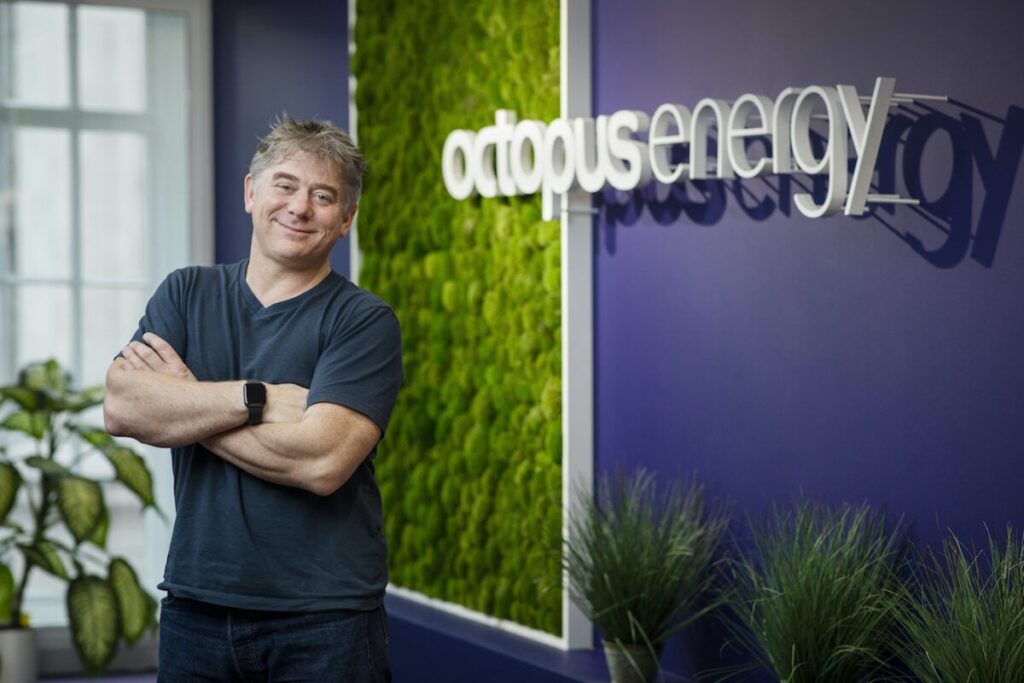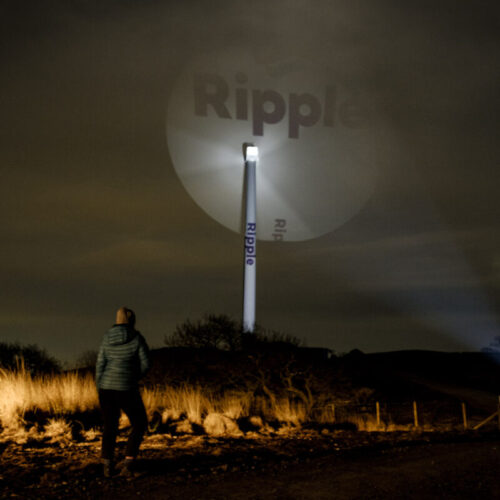The Court of Appeal has ruled that Octopus’ acquisition of Bulb in 2022 was fair despite “a bunch of incumbent energy companies trying to block and overturn” the deal.
Founder and CEO of Octopus Energy, which earlier this year became the largest UK domestic energy supplier in the UK, Greg Jackson shared the news on LinkedIn, saying the judges found the energy companies disputing the buy-out “simply didn’t like the outcome”.
Bulb entered special administration in November 2021, after failing to find new funding opportunities and announcing insolvency amid high power prices. Several other energy companies, including Centrica and OVO Energy, bid for Bulb but pulled back before Octopus won out.
A judicial review temporarily delayed the transfer of customers to Octopus, but the High Court approved the transfer in December 2022, and a wholesale agreement was put in place to cover the costs of migrating Bulb customers, with Octopus also agreeing to a profit-sharing arrangement.
A second judicial review was brought by energy companies Centrica, Scottish Power and E.On, claiming that the sale was secretive, discriminatory and uncompetitive. The High Court examined their claims and found that there had been “very substantial” and “much more” disclosure by the government, administrators and Octopus than normally expected in this kind of hearing, and ultimately ruled that that the government had received a fair price for the acquisition of Bulb.
The ruling this week brings an end to the saga, which has seen Octopus pay almost £3 billion to the UK government for Bulb, and the government make £1.28 billion in profit from the wholesale arrangement, as well as a further £19 million from the profit-sharing mechanism and £200 million in interest.
According to Jackson’s LinkedIn post, before the deal was agreed between Octopus and the government, there were fears Bulb’s bailout could cost taxpayers £6 billion. Taxpayers and billpayers have not seen any of the costs associated with the takeover.
Octopus’ general counsel, Amanda Gerrity, wrote about her experience of the case, stating: “It’s hard not to wonder why Centrica and others insisted on pressing ahead with a claim that was so comprehensively dismissed from the outset.”
She added: “The court found that the bidding process was ‘open, non-discriminatory and competitive,’ and that the legal challenge was little more than a last-ditch attempt to derail a fair deal.”






